Regular Gas vs Premium Gas: Which One to Use?
Regular Gas vs Premium Gas: Does your used car need premium gasoline or can do just fine with cheaper regular gasoline? It mostly depends on type of car you are driving. Generally speaking, most domestic and Asian cars will require regular gas by design while European vehicles will ask for premium. You can easily tell what gasoline your used car manufacturer recommends.
Vehicle manual has information about required fuel specifications. Also, a fuel sticker will be at gas cap cover indicating minimum octane rating. There is a 20 cents per liter difference in Toronto (Ontario) between premium gasoline and regular gasoline. That’s a lot, but is it worth it?
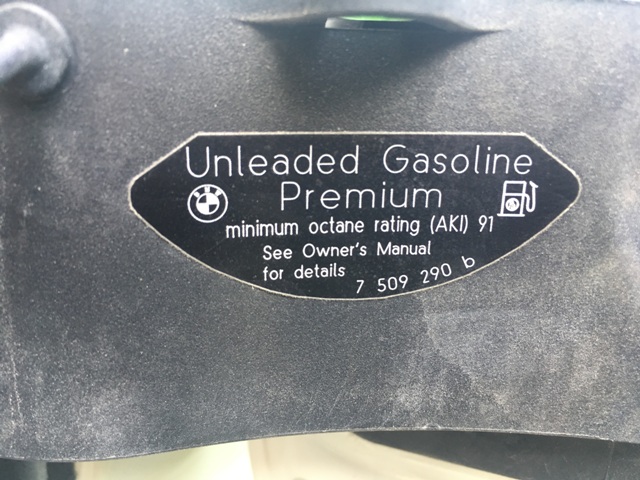
1) Octane rating
Octane rating is the only meaningful difference between regular and premium fuel, nothing else. Octane number will determine how combustible a type of gasoline becomes under higher pressure. Higher octane gasoline can handle higher compression pressures better than regular gasoline before detonating, higher compression translates into more horsepower.
Low octane gas will detonate uncontrolled and prematurely in high compression engines. Engine knocking noise can occur and engine timing will be offset by early fuel detonation. Some premium performance cars which require exclusively premium fuel might develop knocking or reduced power when regular gasoline is used.
Higher compression engines on premium cars (BMW, Mercedes, Jaguar, etc) require and/or recommend higher that 90 octane gasoline. These engines can run on regular gas too but engine power will suffer.
2) Engine Timing
Modern vehicles are equipped with knock sensors. Knock sensors control engine ignition timing (when spark plugs fire to ignite fuel/air mixture). Ignition timing will be automatically adjusted when lower octane gasoline than recommended is used.
Engine pre-detonation or knock will be reduced by car’s ECM (computer) retarding or advancing ignition timing. Ignition timing corrections due to lower or higher than recommended gasoline octane will generally cause engines to have a lower peak power and lower performance.
In plain English: if use premium fuel on a car designed to run on regular fuel, you are gaining nothing and actually making things worse.
However, you can get away using regular gas on cars which recommend more expensive premium fuel. Most premium Asian and US vehicles (Lexus, Cadillac, Acura, etc) will normally tolerate regular gasoline without knocking or loss of power.
European made cars on the other hand with their higher compression engines usually have a harder time working properly on regular gas. Also, there is no 87 Octane gasoline in Europe, minimum is 91 octane.
That’s why Europeans tune their cars differently (slower, less power, lower compression) for North American market, because fuel has lower octane ratings. To put it bluntly, same exact car sold in Europe will have more power and different tuning than ones sold in North America.
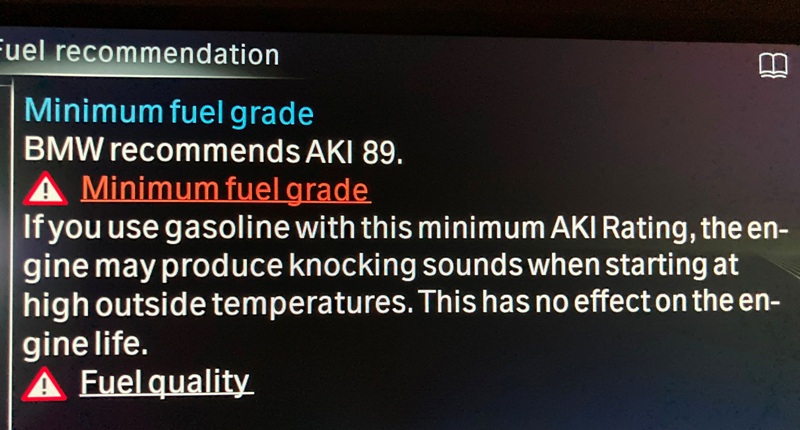
European turbocharged engines are mainly affected by timing problems when lower octane than recommended gas is used. In Europe 95 RON is considered a low gasoline grade. 95 RON will translate to about 91 octanes here (premium gas).
If your vehicle manual says “premium fuel recommended”, it means premium gasoline is only recommended and vehicle will handle regular just as well as premium. There will be very few benefits paying for premium fuel in this case.
3) Performance
You often see performance advertising at fuel pumps by oil companies, with more expensive premium fuel advertised as having some kind of supper performance abilities.
Performance doesn’t have much to do with gasoline but with engine design on your car. If you have a low compression engine designed to run on regular (most cars), using premium will only be a waste of money. You will get absolutely no benefits paying more for premium gas.
Regular Gas vs Premium Gas: Clean and Super Clean
For starters, those stickers you see at the pump with “clean”, “extra clean” or “supper clean”? Those things mean nothing and make no difference, its only marketing. All types of gasoline have same cleaning detergents regardless of octane ratings.
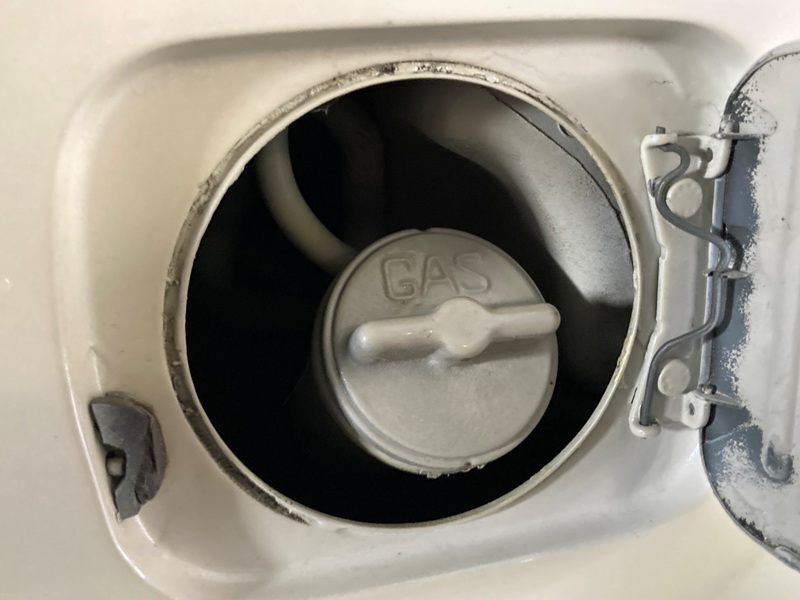
Let’s see, 20 cents per liter extra for premium gas. On a tank of say 50 liters you get to pay roughly $10 more every fill up. If you fill up 4 times per month that’s 40 bucks, in a year you will spend $480 more on premium “super extra cleaning gasoline” gas, when regular gasoline has exactly the same cleaning additives.
Regular or Premium Gas: Which one to use?
If manufacturer of your car recommend regular gas, then you use regular gas. Even if it says “Premium Gas Recommended” you should still use regular gasoline. Performance gains or gas mileage gains will be minuscule compared to premium gasoline extra cost.
What if car manual says: “Premium only”
You got two choices here: Either pay for premium 91 gas or “Try and Error”. Remember, in Ontario premium gas is 20 cents per litter more than 87 octane regular gas and 7 cents per liter more than 89 octane mid grade gas.
Fill up say half of your tank with regular gas and try it. If you get knocking, lower engine power or feel engine vibration then go up to mid-grade gasoline (89 Octane). If mid-grade works fine, then keep using mid-grade and save 7 cents per liter or so.
Then again, premium gas is 20 cent more than regular gas and since mid grade 89 is mix up of the two then price of 89 octane should be split in the middle. But it is not. Mid grade is 15 cents per liter more than regular and it should be 10 cents, by simple numbers.
Why is that? Well, they dont say and who knows. But maybe is because premium cars which recommend 91 gas will generally run fine on 89 mid grade and most people buy mid grade? Why not make 89 octane more expensive to make up for loss of premium fuel sales. Whatever reason, price difference is not split equally as it should be.
89 Octane Gasoline
Mid-grade (89 Octane): Mid-Grade 89 Octane gas is prepared by mixing regular with premium gas. Pumps at gas stations do that automatically when you press 89 button. Do not use mid grade 89 octane if your car works fine on regular 87 octane.
You will be wasting your money, plain and simple. However, 89 octane can be used on cars recommending 91 octane rating, save some money there.
Btw, never pay for anything more expensive than premium 91 octane, unless you have a race car. All else, 93 octane, 95 octane or 195 octane gasoline have zero real benefits for normal daily driving.
(If you are also looking for a fast and easy solution to sell your car, more here on “How To Sell Your Car Fast In Ontario” )
Comments: If you have any questions or suggestions related to this post or Used Car Toronto in general, don’t hesitate to use comment section below.


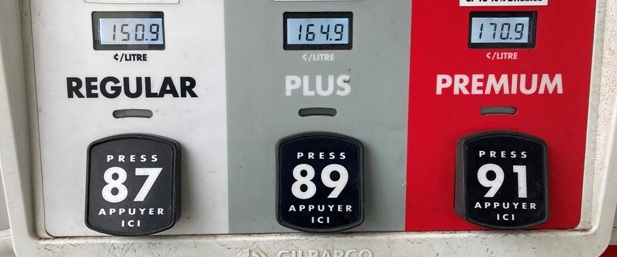
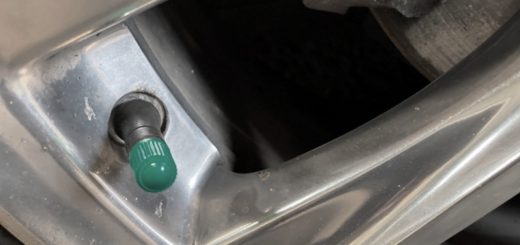
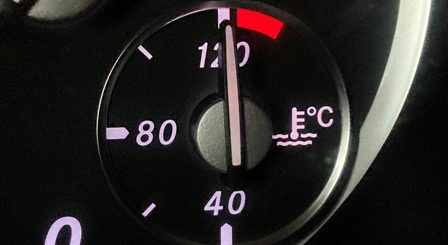
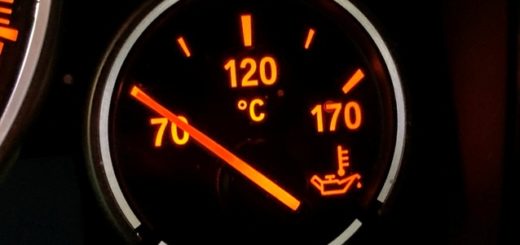

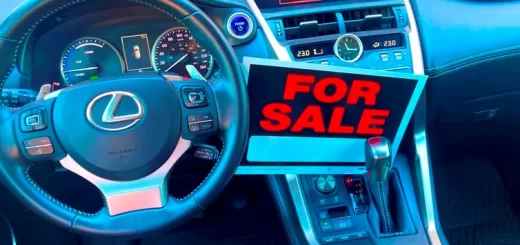
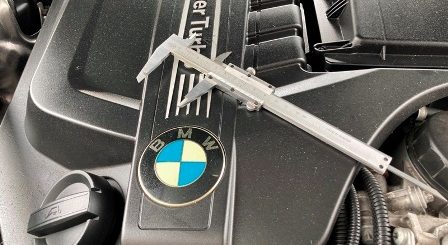

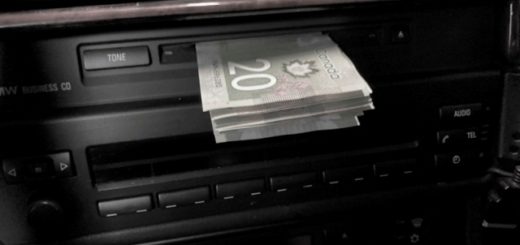
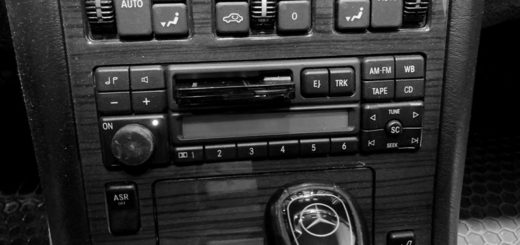
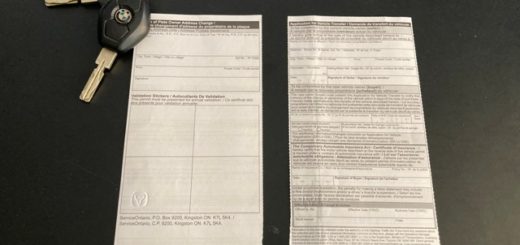
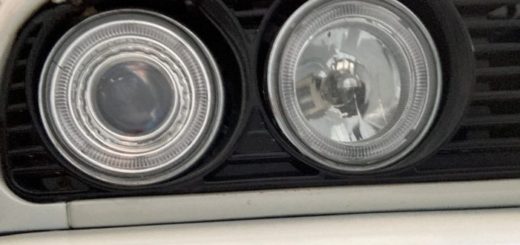
Not factual. All gas does NOT have the same additive packages and scientific testing has proven that. Go to YouTube and dial up the Motor Oil Geek to see the science vs. marketing of gasoline and motor oil. Additives are science not hype and they make a significant, positive difference in the cleanliness of injectors, valves and other critical parts of an engine.